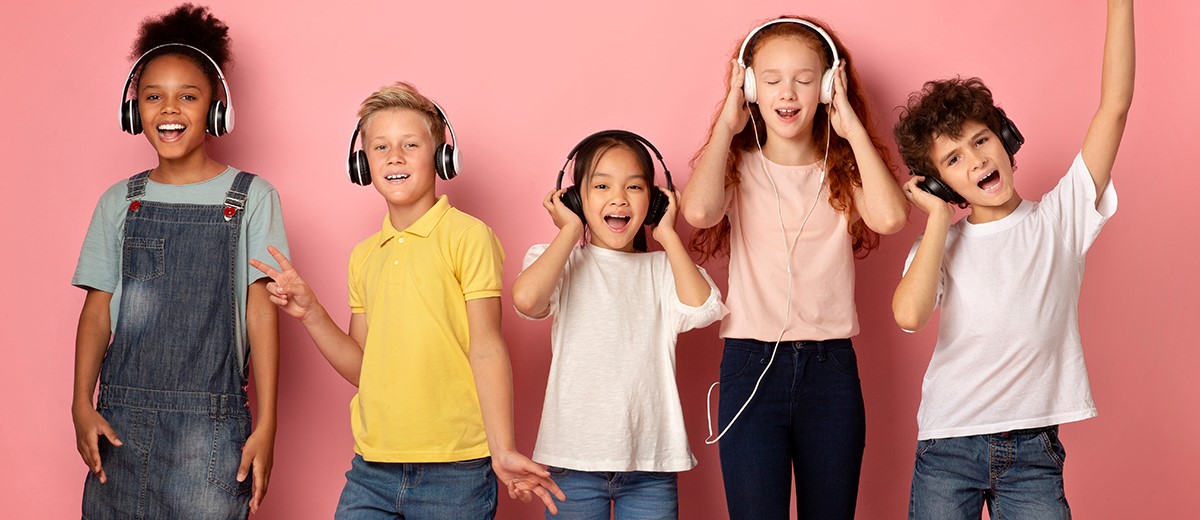Florence Nightingale, the founder of modern nursing, observed in 1898 that music had a “beneficent effect” on patients. Over a hundred years later, research continues to show that music can be a powerful tool for healing and healthcare. In school health, research has demonstrated that incorporating music into the school curriculum increases social bonds, allows for improved social adjustments, reduces stress by decreasing cortisol levels, and in some studies has even been shown to strengthen kids’ immune systems and prevent obesity. Let’s take a look at the powers of music.
Music can reduce anxiety & stress
Whether they’re academic, social, personal, medical, or one of the many other socio-emotional threats facing today’s youth, student stressors can be unsparing and relentless. Excess cortisol fuels the stress response and can trigger unhealthy activation of the nervous system. Music, however, proves a powerful antidote, by keeping cortisol levels in check and sparking a release instead of feel-good chemicals like dopamine. The result is a soothing temper from the body’s heightened nervous state and relief, both temporary and enduring, from mental anguish.
Music can ease pain & discomfort
A study published out of Canada showed that children who listened to music while getting an IV inserted reported significantly less pain and demonstrated considerably less distress than children receiving IVs without music. Many similar studies lead to the same conclusion: playing music for kids during painful procedures or times of physical discomfort is a simple intervention that can make a big impact.
Music can strengthen the immune system
The link between the mind and the immune system has been well established and an entire field of study called psychoneuroimmunology is dedicated to the powerful connection. Researchers in the field have shown that individuals who listened to music had an increase in their levels of Immunoglobulin A (IgA), an antibody responsible for preventing infections. Additionally, music listeners also had higher levels of lymphocytes known as “natural killer cells”, which play an important role in attacking bacteria and infected cells.
Since 1898, research has proven that Florence Nightingale was right about the power of music and its healing effect. While the function of music in the school health office is yet to be extensively examined, school nurses may consider using calming tunes to create an environment conducive to healing and enhance their school nurse practice.





